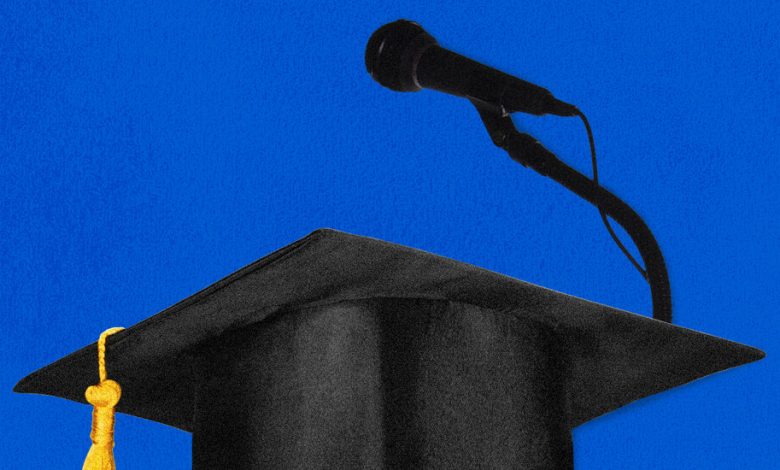Civil Discourse on Campus Is Put to the Test

The same week that a U.C. Berkeley protest ended in violence, with doors broken, people allegedly injured, a guest lecture organized by Jewish students canceled and attendees evacuated by the police through an underground passageway, a group of academics gathered across the bay at Stanford to discuss restoring inclusive civil discourse on campus. The underlying question: In today’s heated political environment, is that even possible?
Over the course of two packed days of moderated and free discussion, we would try to test it out.
Paul Brest, a professor emeritus and former dean at Stanford Law School and one of the conference’s organizers, arrived at Stanford in 1969 in the throes of Vietnam War protests. The windows of the conservative Hoover Institution on campus had to be boarded up. In later years, violence broke out in protests over South Africa.
“Back then, it was students against the institution,” he told me. “Now it’s very different because it’s student against student.”
Because I’d written about the difficulties students have had engaging in civil discourse, including a couple of columns on incidents at Stanford, I was one of two journalists invited to take part. Hosted by Stanford Law School and the Stanford Graduate School of Education, the conference brought together professors, deans and academic leaders who were largely liberal, with libertarians and a few conservatives and progressives in the mix. Unfortunately, one of the organizers told me, most of the invited progressives, which is to say the group that currently dominates campus debates, refused to come.
But those who did attend engaged in lively good-faith discussion about several hot-button topics ranging from free expression on campus to institutional neutrality. I’ll write about several of these in the future, but will begin with one of the most divisive: diversity hiring statements, the requirement that all job applicants demonstrate their commitment to advancing diversity, equity and inclusion goals.
Brian Soucek, a professor at the U.C. Davis School of Law and an advocate of D.E.I. statements, started the panel off by making his case. Mere statements of belief in D.E.I. are not enough, he said. In an effort to reach consensus on what a D.E.I. hiring statement should look like, in lieu of U.C. Davis’s current required statement, he proposed an abbreviated version that asked candidates specifically about D.E.I. shortcomings and gaps in their fields of discipline and concrete steps they’ve taken or plan to take to address them.
